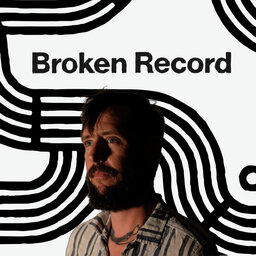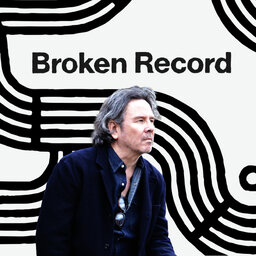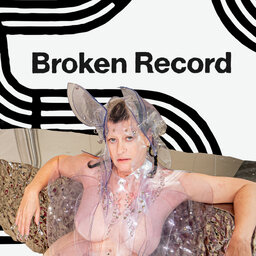Corinne Bailey Rae
Corinne Bailey Rae independently released one of our favorite albums of 2023: Black Rainbows. Justin Richmond spoke to Corinne over Zoom at the end of the year about the place that inspired the album, the Stony Island Arts Bank in Chicago. And then when she came to Los Angeles around Grammy time they decided to meet up to discuss Reflections / Refractions At the Stony Island Arts Bank, a beautiful new book Corinne put together to catalogue the items that inspired her new music and creative awakening.
The conversation touches on Corinne recording her third album, The Heart Speaks in Whispers, at Capital in Hollywood, to finding her spiritual home in Chicago, to discovering a mid-century New York subway pageant that inspired her raucous song, “New York Transit Queen.”
You can hear a playlist of some of our favorite Corinne Bailey Rae songs HERE.
 Broken Record with Rick Rubin, Malcolm Gladwell, Bruce Headlam and Justin Richmond
Broken Record with Rick Rubin, Malcolm Gladwell, Bruce Headlam and Justin Richmond


